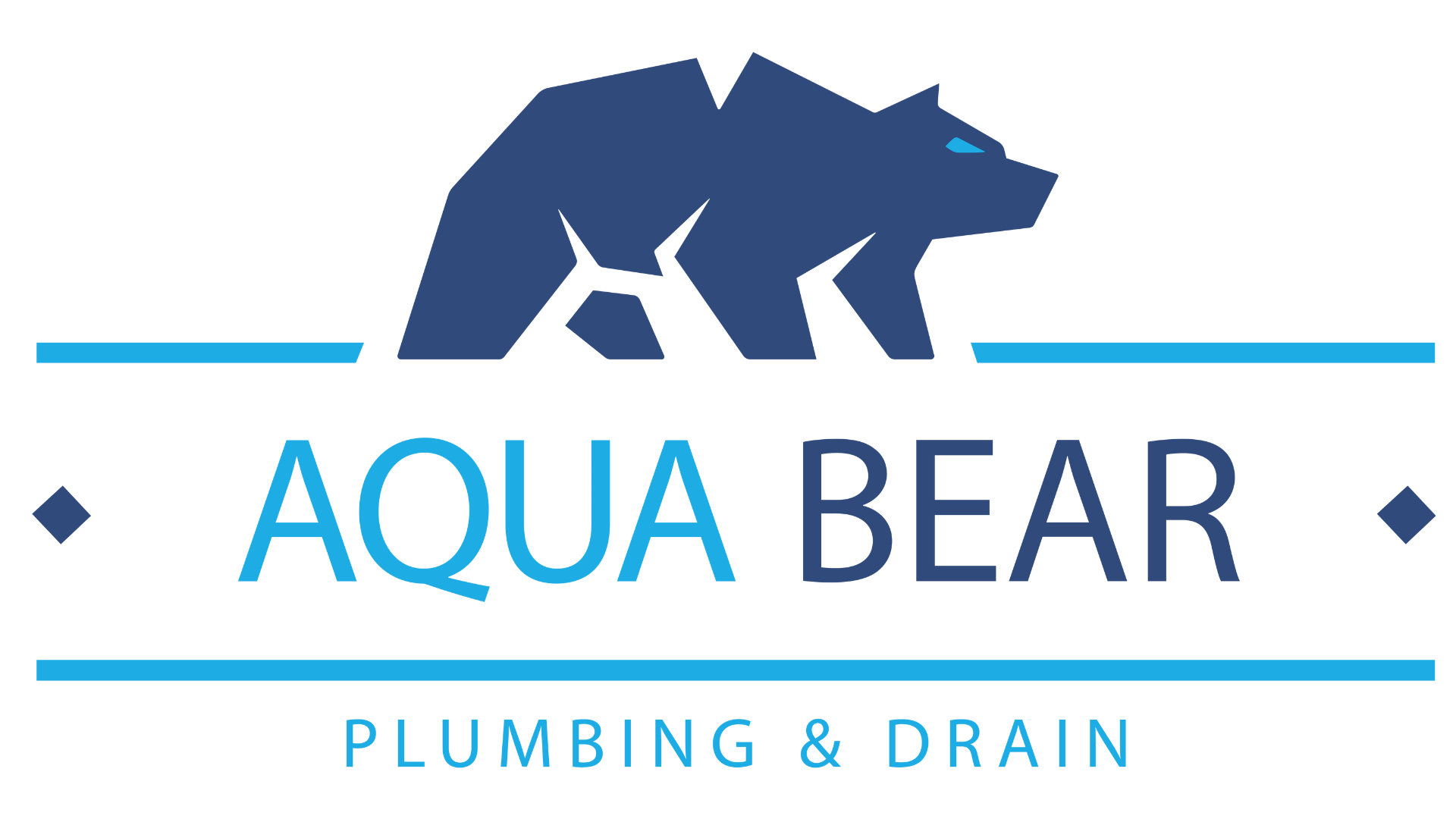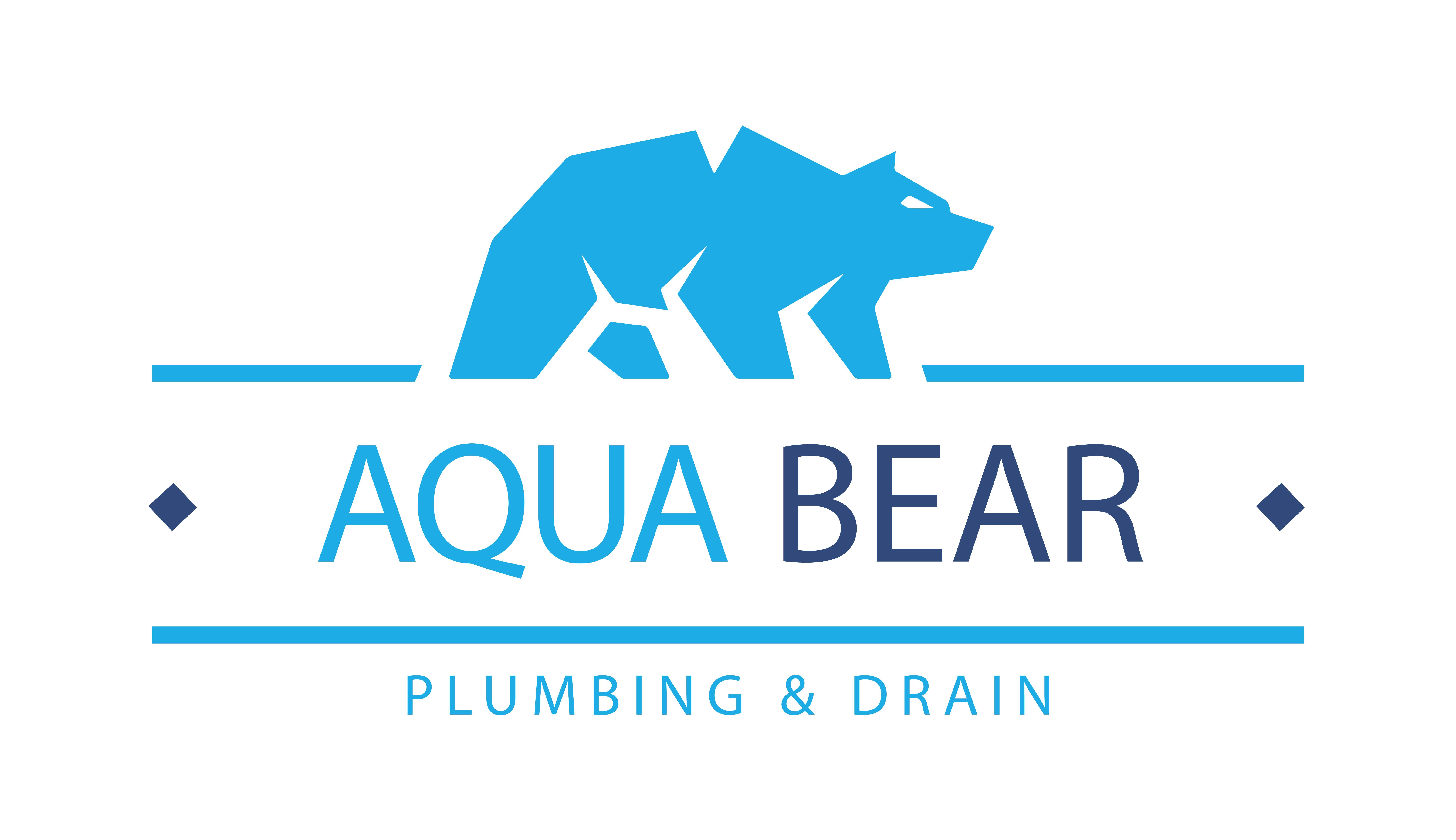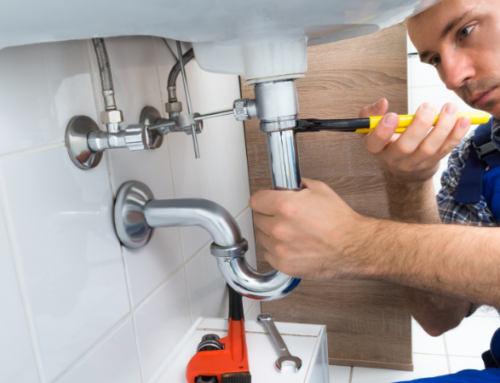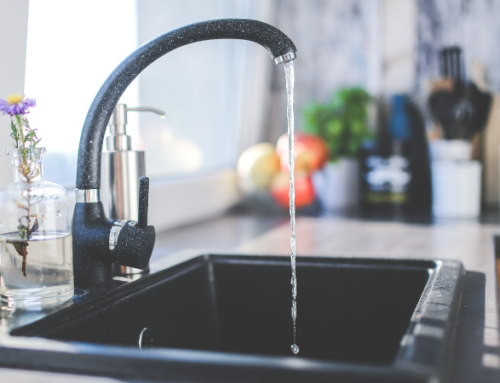Natural gas is one of the cleanest fossil fuels producing carbon dioxide, water vapor, and small amounts of nitrogen oxide when it is burned. It is used to power furnaces, fireplaces, clothes dryers, stoves, water heaters, and electric generators and when used correctly it is considered safe.
In this article, we will see where natural gas originates and how it makes its way into our homes. We will learn about the dangers natural gas poses and the common causes of gas leaks. We will identify the signs and physical symptoms that frequently accompany a natural gas leak and we will discuss the actions that should be taken in the event of a gas emergency. Some preventative measures will be discussed so you can live with and use natural gas with confidence and security.
Origins Of Natural Gas
Natural gas is the byproduct of decomposing organic materials. As the materials rot they produce hydrocarbons that are extracted from deep within the earth. Impurities are removed and the mostly methane gas is piped through millions of miles of gas lines to our homes and businesses. In 2020 it was estimated that 73% of people in the US had access to natural gas.
Dangers Associated With Natural Gas
Natural gasses’ most noted danger is that it is highly flammable. Although not all homes are powered by gas, those that are run have an increased chance of having a fire or a full-blown explosion. Gas power is a clean fuel but it does come with some serious side effects if it should leak. It is associated with health risks and as a producer of methane, it plays a huge role in climate change.
Causes Of Gas Leaks
Gas leaks are most commonly caused by deteriorating gas fittings or failing connections between the gas line and gas-powered appliances. It can also be a result of negligent efforts to maintain equipment properly. A yearly inspection of gas lines and appliances will eliminate or greatly reduce gas leaks.
Signs Of A Gas Leak
As previously stated, natural gas is a safe source of power when properly used. However, there are risks to using gas, and knowing the signs of a gas leak may save your life. Here is a list of common ways you know you have a gas leak:
-Rotten egg smell: Although natural gas is odorless, chemicals are added to the gas to give it a smell that is easily recognizable to alert when there is a leak.
-Hissing sounds: When there is a gas leak a hissing sound can be heard near the gas line.
-White cloud or dust: A white cloud or dust will be present when a gas line leaks.
-Stagnant water bubbles: When water is stagnant in a yard and bubbles can be seen it can mean gas is percolating on the surface.
-Dead houseplants: Gas prevents plant roots from taking in needed oxygen which kills the plant.
-Higher-than-normal gas bills: Gas leaks can cause your energy usage to spike as well as your utility invoices.
Be aware of these common signs you have a gas leak and be prepared to evacuate and call for emergency help.
Physical Gas Leak Symptoms
A gas leak not only affects your home but can result in serious physical ailments such as dizziness, lightheadedness, and flu-like symptoms. It can also lead to depression and mood swings, chest pains, and eye and throat irritations. An occasional headache is expected but when an entire family begins to behave in ways that are out of the ordinary a gas leak should be suspected.
Take Action Right Away!
If you suspect you have a gas leak here are the steps to take. Do not touch any appliances, or light switches, or use your cell phone as a spark can ignite the gas causing an explosion. Exit the building as quickly as possible, leaving the doors wide open to allow gas to escape and not build up inside. Finally, refrain from using any ignition services or from lighting a match.
Once outside, call 911 and wait for emergency service, and do not return until the use of an adjusted electronic gas analyzer has located the leak and it has been repaired.
Preventative Steps
The first step is to educate yourself and those in the home about the signs and symptoms of a natural gas leak. Next, enroll in preventative maintenance and have a professional inspect your gas lines and appliances. Keep all items far from gas lines such as solvents, paints, and other flammable items. Keep operational fire extinguishers available on every floor and be aware of where the gas shutoff valve is located.
Installing gas detectors, especially those designed to find carbon monoxide can be real life savers. The Center For Disease Control estimates that in excess of 50,000 people visit the emergency room for suspected carbon monoxide poisoning.
Many gas line breaks are caused by careless digging. If you plan on doing any excavation it is required you call 811. A free mapping of all underground services will be provided to be certain your lines are safe.
Call Us For Gas Line Repair or Gas Leak Detection Services!
Having access to clean natural gas is an advantage to property owners as they can efficiently and cost-effectively power appliances and condition their homes. This convenience does not come risk-free so becoming aware of the signs and symptoms of gas leaks is useful. Additionally, subscribing to proactive preventative measures can ensure you enjoy the benefits of natural gas as it provides a comfortable environment for years to come!
At Aqua Bear Plumbing & Drain, our professional gas line plumbers know how to quickly identify and correct gas leaks. Whether you think you have an outdoor gas line leak, or you simply need a gas line replacement, we can help! Contact us today to schedule an appointment.
